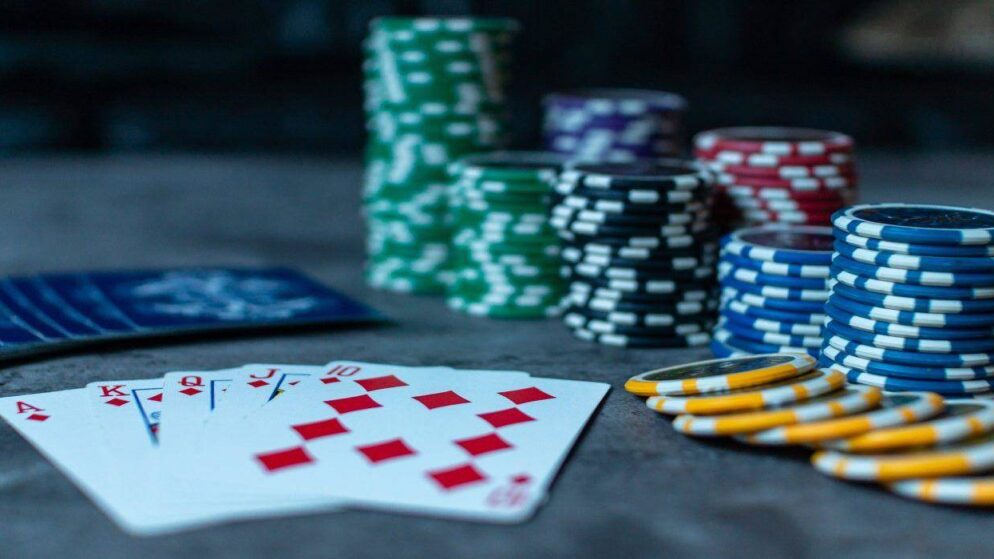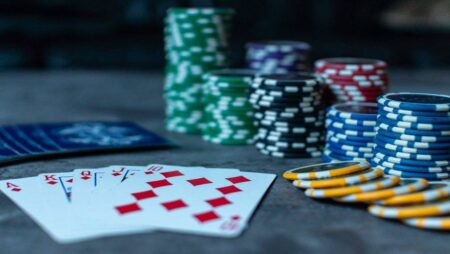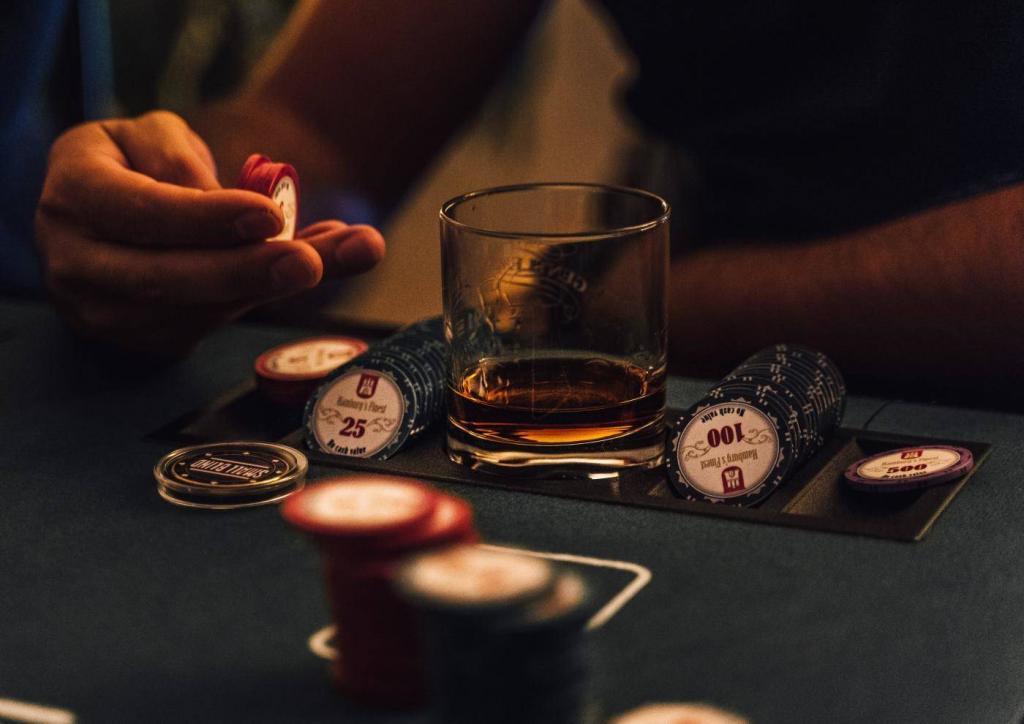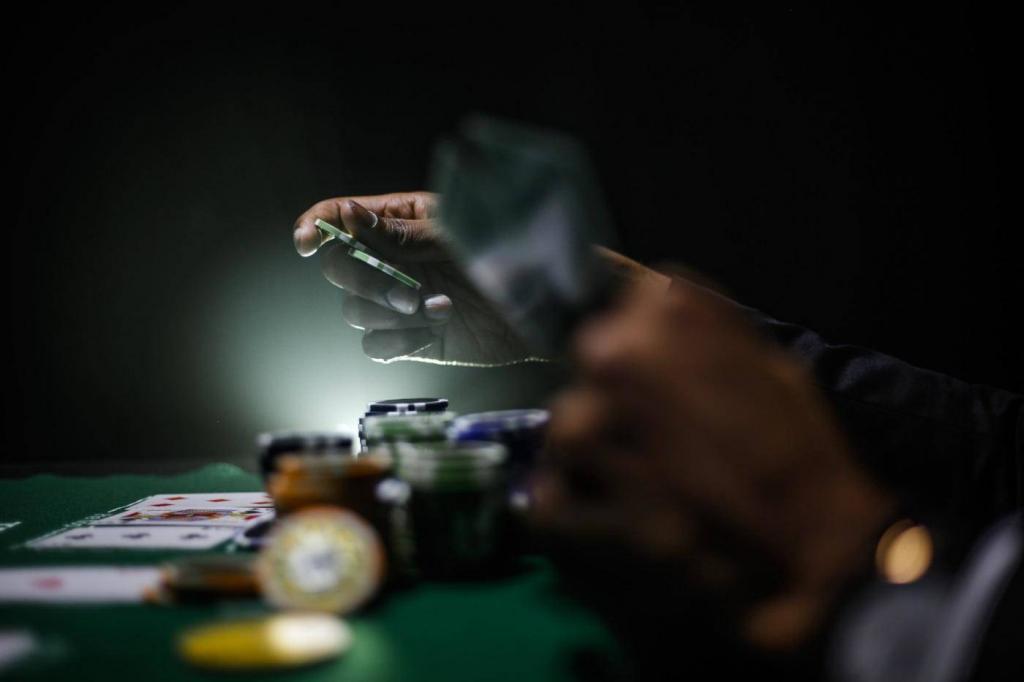

Do you really just need luck at a Poker tournament? Most ambitious players don't like to hear it when poker is called in the category of gambling. Rather, the former crook and bluffing game is more than a clever strategy game, which even computer scientists and other scientists call on the scene in order to precisely calculate probabilities and to make game decisions. However, this does not mean that normal mortals cannot win without computer knowledge. Everyone can successfully emerge from a poker tournament if some important tips are observed.
In which phase at the Poker tournament how?

A poker Tournament is divided into an early, medium and late phase, and in each of everyone should play different aggressive and defensive. In the early phase, the stacks of the players are equally high, while the blinds are still low. Now it is not a major risk to be taken in order not to leave at the beginning. Experienced poker players call this strategy "Tight" - better win a small pot with a good hand than to go to the big pots aggressively. In general, it is necessary to play as safe as possible in this phase, which is why you should now do without stealing blinds. If you are now establishing yourself as a Tighter player, you can use it cleverly through a bluff later.
In the middle phase at poker tournament it is advisable to slow down slowly, but is absolutely calculated. The more flexible a player can adapt to the course of the game, the more advantageous this affects its chances of winning. Many inexperienced or too aggressive players have only been excreted, the blinds rise.
Now the size of the opposing stacks must be carefully observed and acting wisely. If you set a high bet, players with large or very small stacks will probably go along. It is important to play aggressively with the right slots in order to build the stack for the late tournament phase. Now you can steal blindly and give up small pots occasionally so that you can later bring your opponent to a big pot. In this game phase, the dynamics at the table are very important - if the players are mainly passive, you should often get Raises and also small pots.
In the late tournament phase it applies To maintain concentration, even if it has been played for several hours. Anyone who tired now often loses due to carelessness. If the stack is large enough, you should now steal blindly. Psychological skills and precise observation of the opponents are now particularly important. If you make it to the final table, you can go all over the whole, although the table dynamics naturally also play an important role here. For example, if the table is “Tight”, you should steal blinds and Antes.
Depending on how big your own stack is, it is recommended to either concentrate chips back or wait calmly for the right time with a large stack. Of course, the “read” of the few remaining opponents is now particularly important, while at the same time the player should be aggressively attacked with the largest stack.

All-in oder Fold?
This is always a question of the right time. Your stack should never be below 10 Big Blinds, the height of the stack therefore decides whether you should play aggressively or tight. If your own stack drops despite any clever calculation, you are often forced to play risky. The chips are in great demand, and right now you have to get everything you need to win. The famous “poker face” also plays an important role. How do you perfected it? Professional player Tim Stürznickel explained in the interview, At that moment he simply focuses on a completely poker independent event.
Calculate the use
Calcating his efforts is a very important factor in the poker game that can decide whether you can do it to the final table or leave in the early phase of a tournament. The amount of use is particularly important at two different times of a tournament-in the pre-flop and post-flop, with the flop being laid after the first round. The strategy of the pre-flop game essentially depends on the position, the size of the stack and other factors.
When playing aggressively?
When a poker player Tight and when he plays aggressively depends, of course, on the course of the game, with professionals developing a perfect balance between the strategies and knowing exactly when to go all over. On the one hand, you want to stay in the game as long as possible, but on the other hand you also want to collect enough chips. If you play too risky right at the beginning of a tournament, you may not make it into the further rounds.
However, the stack should be as large as possible, especially at later phases of the game, and only those who occasionally risk their chips can enlarge the stack. As an experienced player, you also know that you have to accept losses to get ahead and should not be nervous - because of course a cool head and relaxed behavior is primarily responsible for getting on in the poker tournament.
If you want to win at the Poker tournament, you have to think in the long term primarily, with experts compare the game with economic growth, because here too: "Short -term profits suggest growth, long -term consistency is the basis for every development". In fact, newcomers can also win a poker tournament and lose long -time players, which is why one should never let themselves be unsettled by self -confident players at the table.
So is there a decisive factor with poker tournaments that helps with profit? Absolutely not! Even professional players also know that it is not only strategic thinking and the right balance between aggressive and conservative game behavior, but also on factors such as serenity and a good portion of luck.
Last change on June 9, 2024 Wolfgang – Lucky –








